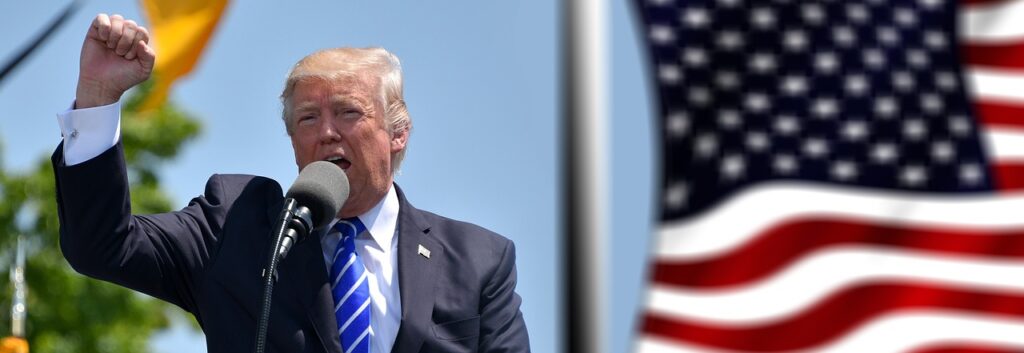Elon Musk joined a key phone call on Tuesday between President-elect Donald Trump and Ukrainian President Volodymyr Zelenskyy. This marked the first call between Trump and Zelenskyy since Trump’s election victory. Musk’s presence on the call has fueled discussions about his expanding influence on U.S. politics and international affairs.
Reports, including one from Axios, indicate Musk’s participation was unplanned. Sources say Musk entered the room while Trump and Zelenskyy were speaking, and Trump invited him to join. Zelenskyy’s spokesperson described the call as “positive,” but provided no further details. Zelenskyy later called the discussion “excellent” in a social media post, congratulating Trump on his “historic landslide victory.” Notably, Zelenskyy’s post did not mention Musk’s involvement.
Musk’s appearance on the call is significant as Ukraine relies on his Starlink satellite internet system. Starlink has been crucial to Ukraine’s communication network after Russia’s 2022 invasion destroyed much of the country’s infrastructure. Zelenskyy mentioned Starlink during the call, and Musk reportedly pledged to send more Starlink base stations to Ukraine.
Requests for comment from Musk, Trump, and Zelenskyy’s teams went unanswered.
Musk’s Expanding Role in U.S. Politics
Musk’s involvement in the call signals his growing presence in U.S. political and diplomatic matters. During his victory speech, Trump referred to Musk as “a star,” hinting that Musk may play a major role in Trump’s administration. Musk’s $100 million investment in Trump’s election campaign strengthens expectations that he will have substantial influence on policy and international affairs.
Musk’s increasing engagement in government activities raises concerns about conflicts of interest. SpaceX, one of Musk’s key companies, plays a vital role in U.S. national security. Over the past decade, SpaceX has secured over $15 billion in federal contracts, becoming a key player in U.S. space and military satellite communications. Critics worry about the implications of Musk’s personal ambitions for space exploration, including plans to colonize Mars, on national security and government oversight.
Geopolitical Concerns and National Security Risks
Musk’s involvement in the Ukraine-Russia conflict through Starlink places him at the heart of global security issues. Initially, SpaceX made Starlink available to Ukrainian forces to support communication with frontline troops. However, Musk later restricted access, citing fears of escalating the conflict. He also requested that the U.S. government cover costs for military use of Starlink.
Reports suggest Musk’s private communications with Russian President Vladimir Putin since late 2022 have fueled additional concerns. According to The Wall Street Journal, Musk’s discussions with Putin have covered business and geopolitical issues. U.S. intelligence agencies previously concluded that Russia interfered in past U.S. elections, heightening scrutiny of Musk’s links to Russian leadership. His control of X (formerly Twitter) and his history of promoting pro-Trump narratives have only deepened these concerns.
Rep. Jim Himes, the ranking Democrat on the House Intelligence Committee, has called for a closer examination of Musk’s role. “We need to know what the intelligence community is aware of regarding Musk’s connections to Putin,” Himes said. “This isn’t just about security clearances—it’s about protecting U.S. national security from outside influence.”
NASA Administrator Bill Nelson has also raised concerns about Musk’s involvement with foreign leaders. Reports allege Putin asked Musk to limit Starlink’s availability over Taiwan at the request of Chinese President Xi Jinping. Nelson stated that if these reports are accurate, they warrant investigation. “If there’s truth to these claims, it’s a serious issue for NASA and the Department of Defense,” Nelson said. “We cannot allow foreign leaders to influence decisions by U.S. companies with access to sensitive technologies.”
What’s Next for Musk’s Role in U.S. Policy?
The Trump-Zelenskyy call offers a glimpse into Musk’s potential role in shaping U.S. foreign policy, especially in the context of Ukraine and Russia. With the ongoing war in Ukraine, Starlink’s role in sustaining Ukrainian communications puts Musk at the center of critical military and diplomatic strategy.
It remains unclear whether Musk’s influence will continue to expand in Trump’s administration. What’s certain is that his control over vital communications infrastructure and his personal ties to key global leaders will draw scrutiny. U.S. lawmakers, intelligence officials, and military leaders are likely to monitor Musk’s role closely to ensure American national security and foreign policy remain under government control, not that of a private individual.


